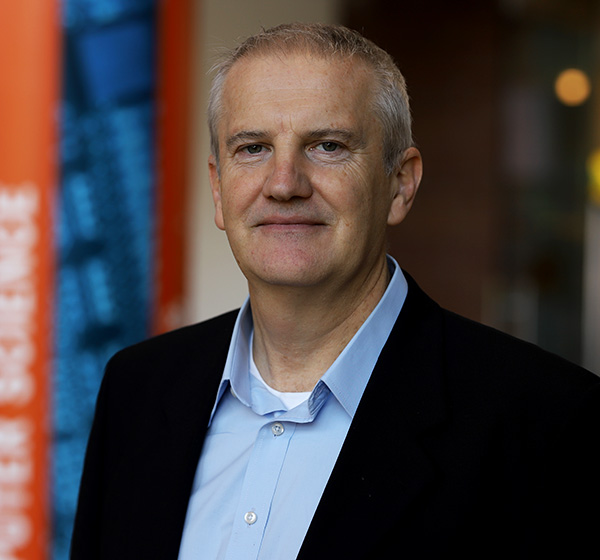
As quantum science advances, there is a growing demand for skilled professionals who can apply quantum technology and develop commercial products. To address this need, Moamer Hasanovic, assistant teaching professor in electrical engineering and computer science, has received a grant from the National Science Foundation (NSF) to provide training, education, and career development for quantum technicians. This initiative supports Syracuse University’s mission to remain a leading research institution while expanding its quantum educational programs.
Hasanovic previously developed a quantum curriculum, known as the EdQuantum Project, which provides quantum technicians—specialists who assist researchers in the lab—with the necessary skills required for the workforce. The curriculum consists of three courses in quantum technologies that combine theory and hands-on activities to raise awareness and build essential knowledge in quantum information science at a technician level.
As part of ongoing efforts to raise awareness of quantum programs, Hasanovic has visited numerous community colleges to lead workshops and strengthen relationships with academic institutions such as Onondaga Community College, State University of New York Broome Community College, and Jefferson Community College, among other colleges regionally and nationally.
While attending quantum conferences across the country, Hasanovic has gathered information from the industry to enhance his curriculum and has been working on establishing a laboratory at Syracuse University that will support local community colleges as well as the University’s undergraduate program. The NSF grant award will play a crucial role in advancing these initiatives.
“We are very much ahead of the curve. There’s no one in the nation doing quantum at the community college level and we can lead these efforts. We’re expanding the program’s outreach, establishing collaborations to bring funding to the University and creating a quantum center,” says Hasanovic.
Some partners that Professor Hasanovic is collaborating with include the Quantum Economic Development Consortium, Chicago Quantum Exchange, Duke Quantum Center, University of Chicago, Georgetown University, Colgate University, and the University of Queensland in Australia. He will also introduce quantum science into K-12 and undergraduate programs to provide a firm foundation for the emerging workforce.
“We have to collaborate more. We don’t have to build labs across the nation that are costly. Nothing is impossible if we share the resources we have,” says Hasanovic. “I’m grateful for the NSF award and how it will impact the future of the quantum workforce.”
